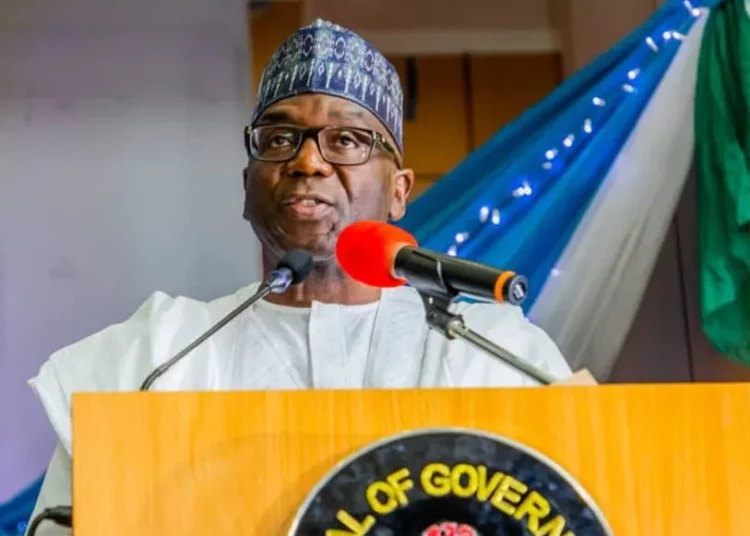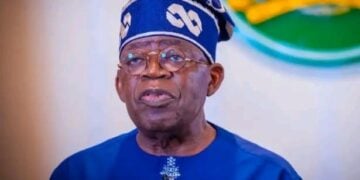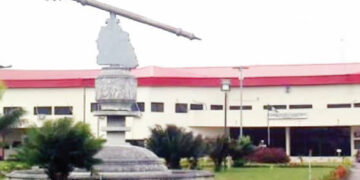The Kwara State government has organised a four-day capacity building training for the newly inaugurated local government chairmen and vice chairmen to prepare them for their new roles as chief executives at the grassroots level.
The programme, which commenced on 26th September and ended on 29th September, 2024, was organised by the state government in collaboration with the 7 Yard Resources Limited, a top management firm.
The majority leader of the Kwara State House of Assembly, Hon. AbdulKadir Magaji chaired the interactive session that featured lectures and discussions that centered around the responsibilities of the local council chiefs, challenges of leadership, the prospects and how they can tackle the different challenges that may come their way.
Resource persons took the council chairmen and their deputies through different themes on “Democracy, Federalism and Evolution of Kwara State” delivered by Prof. Hassan Saliu; ” Public Relations and Effective Local Government Administration” delivered by Prof . Saudat AbdulBaqi); “Overview of Kwara State Local Government Council Law” delivered by Mr Oluwaseyi Thompson; “Financial Management in Local Government” delivered by Dr Mohammed Ndaeji); “Financial Autonomy in Local Government” delivered by Dr Adebola Bakare; and “Executive Legislature Relations at LG in Nigeria” delivered by Dr Aminu Umar; among others.
In his opening remarks, Hon. AbdulKadir Magaji said the essence of the retreat was to equip the participants with basic things and prepare them for the tasks ahead.
The commissioner for Local Government and Chieftaincy Matters, Hon. Abdullahi Bata, who relied on Section 7 of the Nigerian 1999 Constitution and the CAP. K33, 2005 of the Kwara State Local Government Law, took the participants through some of the functions of the council chairmen and what their relationships with the ministry should be.
He said the council leaders are responsible for formulating economic plans and development schemes for their respective local government areas, and charged them to provide quality leadership and pursue programmes that will add value to the lives of their people.
The lead presenter, Prof Hassan Saliu, said it is imperative for the council chairmen and vice chairmen to understand what federalism and democracy is “because they are going to operate under this system. They have to know their realities, moderate their expectations, and know the kind of promises they make to their people”.
On financial autonomy for local governments in the country, Saliu noted that the concept is evolving in the Nigerian context and still requires a lot of clarity.
He advised the administrators of the third tier of government to be financially prudent, adding that:” Three principal factors they must consider include the vision and mission of the APC government because that is the ruling party. Secondly, autonomy has been granted, but there are still some cobwebs surrounding the issue of autonomy. So, it is not as if you get into the office and think the rain of autonomy will just be falling on you. You are still under the state government, and you should be clear about that.
There are still certain issues that need to be cleared regarding the full and effective implementation of the autonomy. You need to understand all the issues.”
He said the state has continued to evolve since its creation in 1967, particularly under the present administration, alluding to the infrastructure development, peaceful coexistence, relative religious harmony, and national political visibility among other indices.
Participants, who spoke with newsmen, including the chairmen of Ifelodun, Ilorin West and Baruten LGs, said the training gave them the opportunity to further understand their responsibilities and what the people’s expectations are.
They pledged to work to positively impact the lives of the people at the grassroots level.











